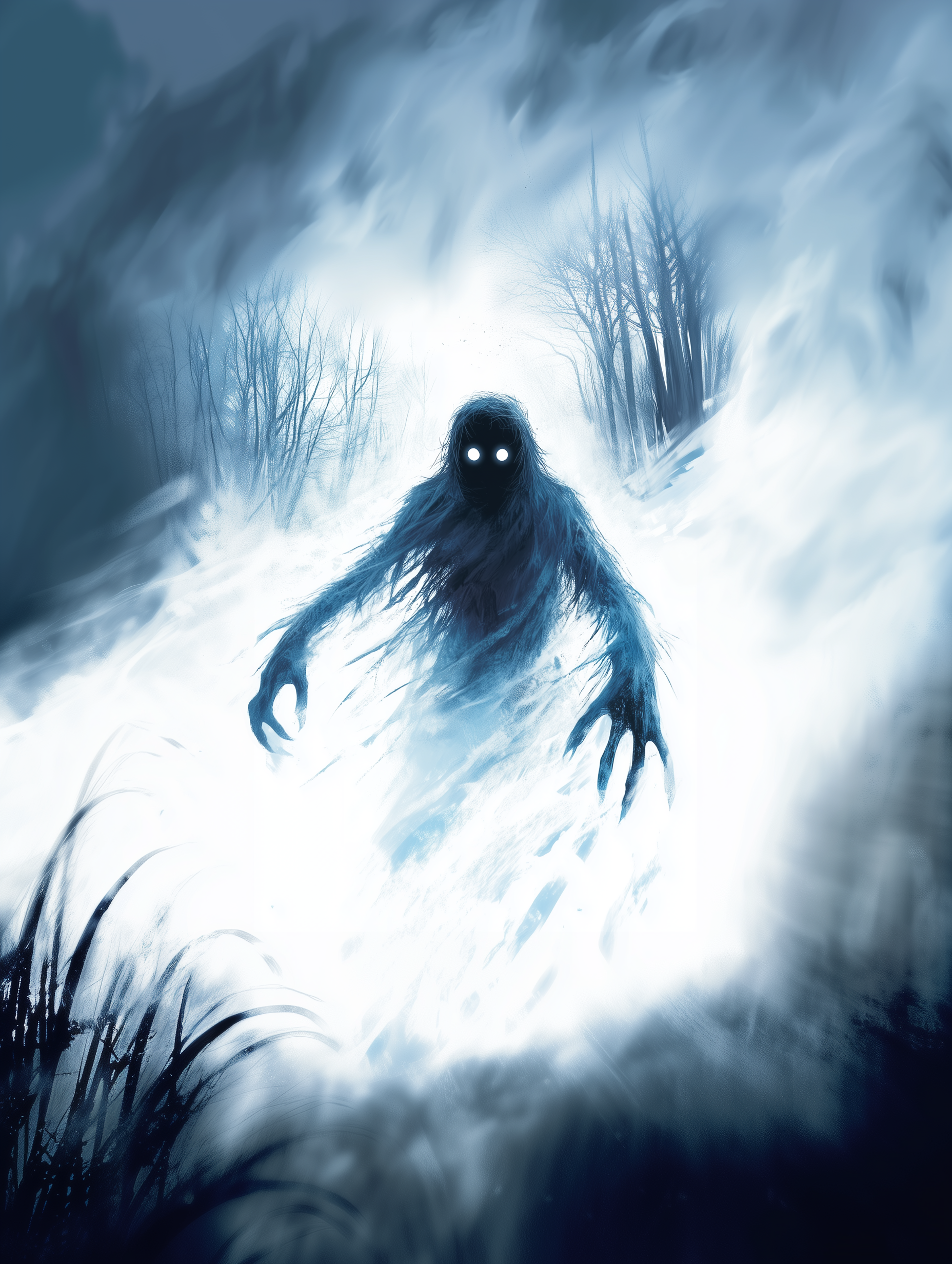Why do we keep telling stories about survival?
From zombie stories and post-apocalypses, to Mad Max and pandemics, to big freezes, nuclear war, and earthquakes, these stories have consistently resonated with people, despite their often dark subject matter and backdrop of death.
There are a few reasons, in my opinion.
1. They expose our core values.
When you take away everything society has built to make ourselves comfortable—walls, plumbing, agriculture, education, etc.—what’s left?
Just us. Humans.
The stories we tell about survival often don’t just lay bare the landscape, they lay bare our values. They show us how we think we would navigate such harsh, unforgiving landscapes. They show whether we would be kind or whether we would be selfish; whether we would be generous or whether we would be murderous; whether we would be open-hearted, or suspicious.
Of course, there’s no telling how any one of us might actually behave in such stark, sudden crises, but perhaps if we imagine ourselves in these spaces, it might also help us learn a little bit about ourselves.
2. They explore the edges of empathy.
I think most of us like to think of ourselves as a “good” person. If not “good,” then some other generally positive adjective: kind, generous, peaceful, calm, intelligent, focused, motivated, creative, you pick. And if we can’t say we’re always [insert positive adjective], then at least we can say usually.
But post-apocalyptic fiction asks: Are you though? Or are these just stories we tell to make ourselves feel good about ourselves?
How would you react if someone stole your food? In modern society, we get angry or frustrated, but generally, we can go out and get more. What if you couldn’t? What if that was your last loaf of bread? Your last bottle of clean water? How would you react then?
How would you react if someone killed your friend? Now, we’d be enraged, devasted, unforgiving (in many cases). What if your friend was infected with a virulent disease? What if your friend was the one stealing the last food and water because they had nothing?
I think it’s unlikely that we can know with absolute certainty how we might behave, but stories like this can function as thought experiments, to consider various ways of responding. Then, if we ever do come across a similar situation in real life, we will have already thought through various outcomes, and hopefully, are able to make the best choice given the variables.
Reading makes you more empathetic (Source: NIH) because it lets you practice having and managing feelings.
3. They remind us we’re not alone.
It’s the lone wolf who dies—from cold, from heat, from hunger. And in these stories we tell about survival, one theme that carries through is that of community. Those who find others to weather the storms with, are far more likely to survive than those who choose to remain isolated.
I think this is true in any life, not just fictional apocalypses.
Even now, when hyper-individualism is a constant pressure in our society, the truth is that it’s just an illusion. It may feel like someone is a lone wolf, and independent person with a strong sense of self-sufficiency, but that illusion is only possible when you ignore the infrastructure built and maintained by humans.
A person may live alone, spend time alone, figure out ways to get things done without relying on friends and family—but it’s not really self-sufficiency. The reason they can do this is because if their garden dies, they can go to the grocery store; because if they need to move heavy furniture, they can hire movers; because if a winter storm comes, they can heat their house with electricity or oil.
No one exists in isolation, not even if it seems that way.
A hyper-individualist isn’t really self-sufficient; they’re just lonely.
Post-apocalyptic stories often reveal the weakness of aloneness, by showing the impossibility of surviving alone, or highlighting how much luck and good fortune would be required to survive. And the solution to the majority of the challenges faced by characters in these tales, is community.
The story beneath the story.
I think for many genres, whether we’re talking about post-apocalyptic fiction, fantasy, horror, romance, literary fiction, mystery, science fiction, or [input your favorite genre here], there is an element of “practicing” a skill, an emotion, or an internal thought process, that we can’t practice in any other way except through experiencing it in real life. And many of these experiences we don’t want to have in real life, or we can’t access for various reasons.
And as a result, by engaging with the emotions ignited by these stories, we are able to connect with more parts of humanity than ever before. Reading, whether post-apocalyptic stories or otherwise—allows us to more deeply experience what it’s like to be human.


